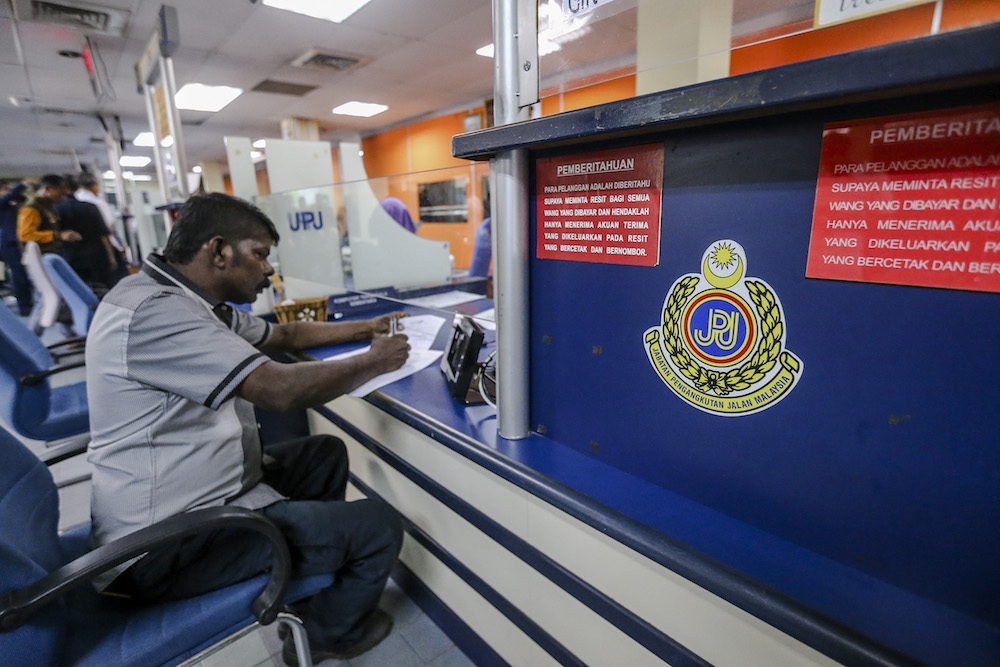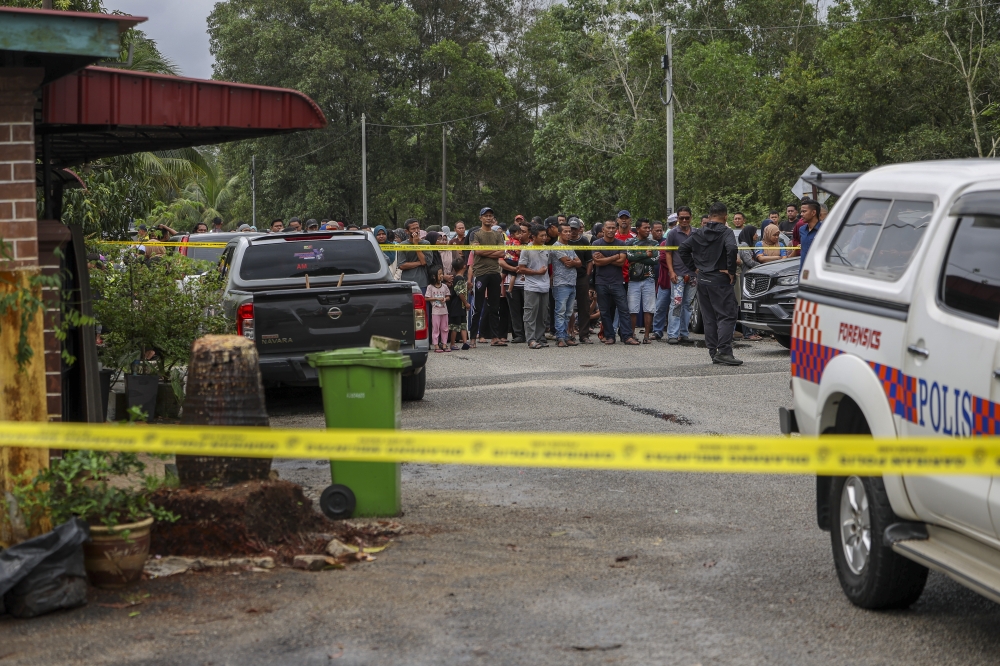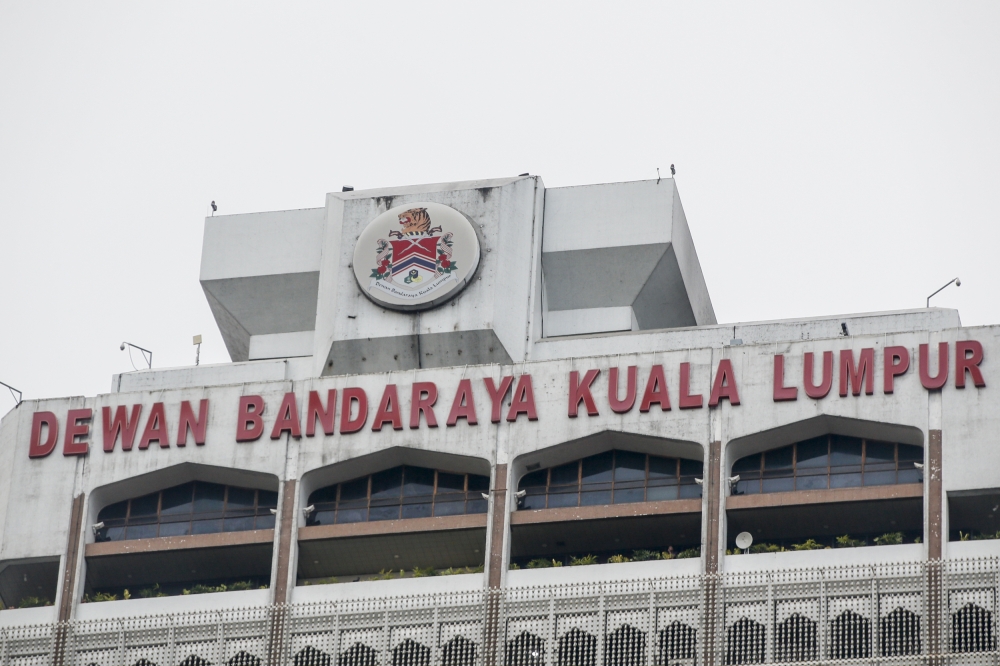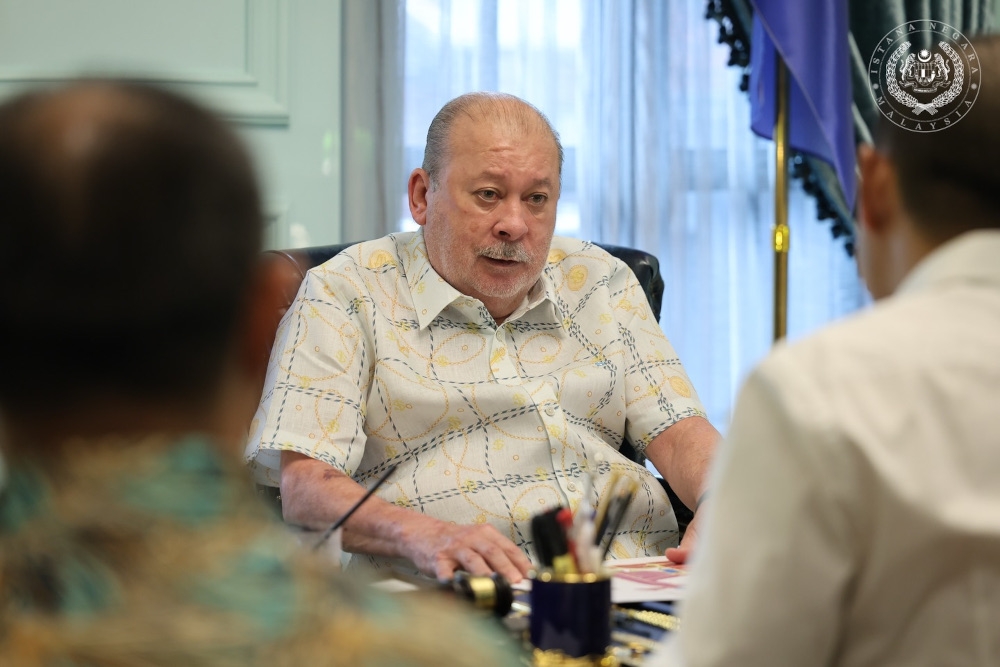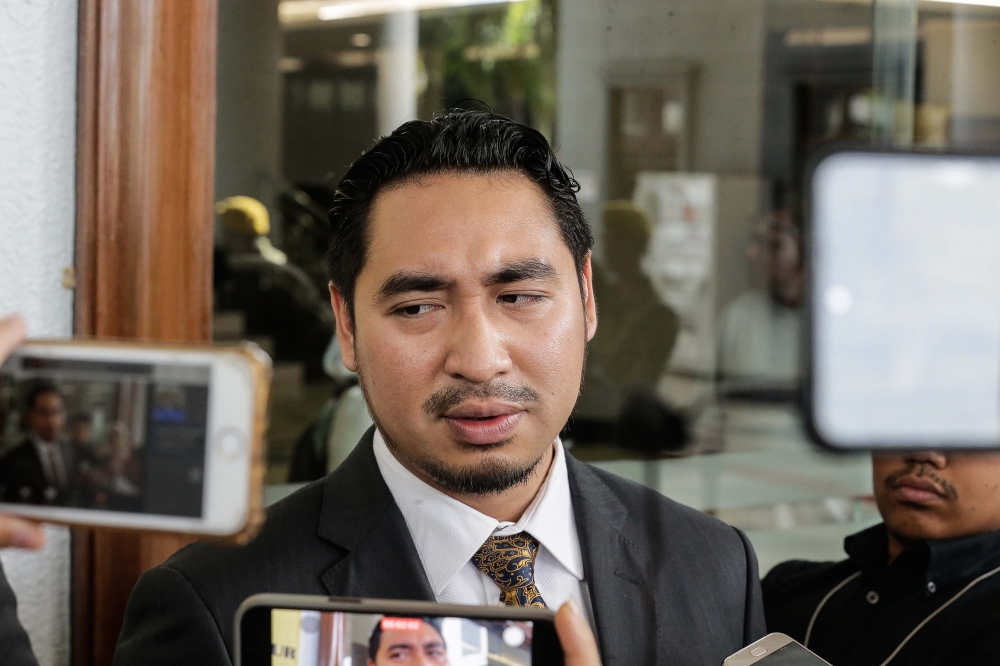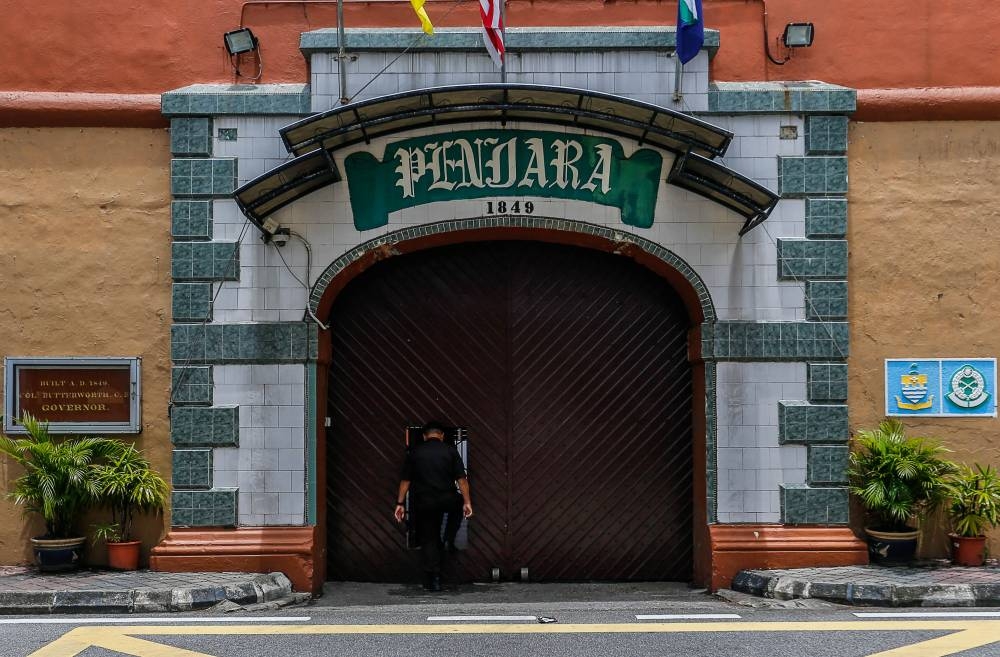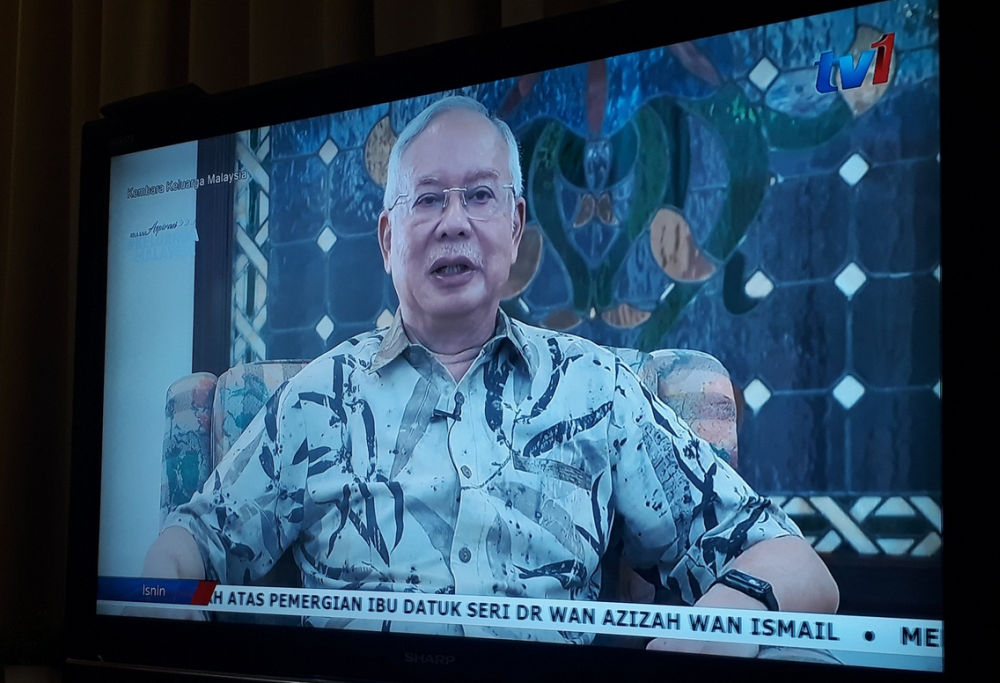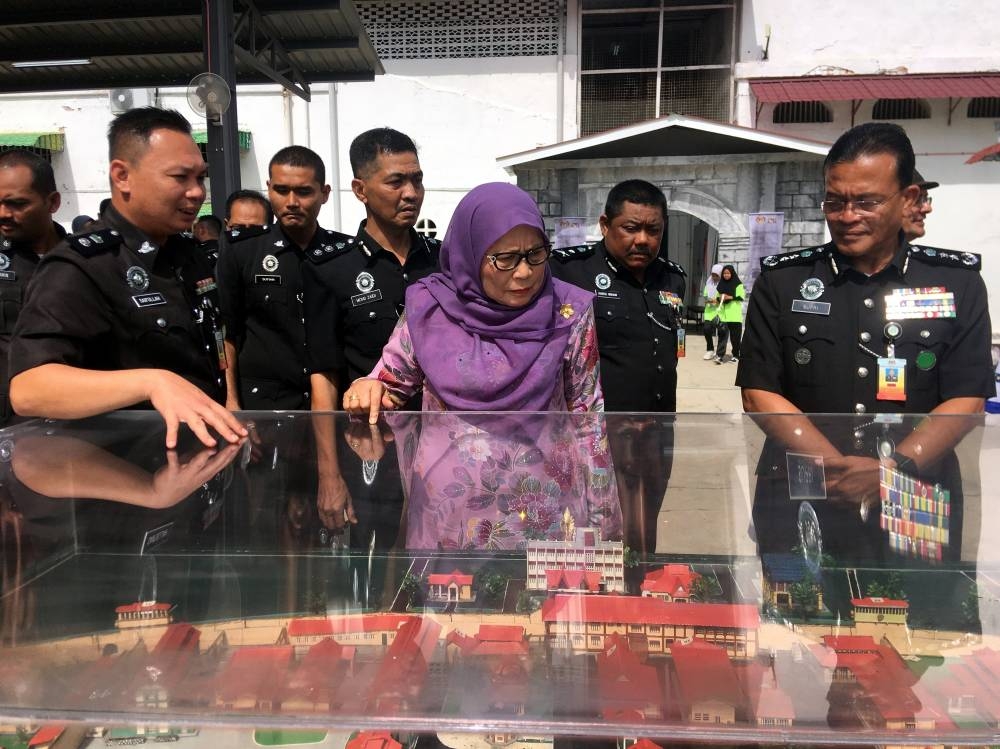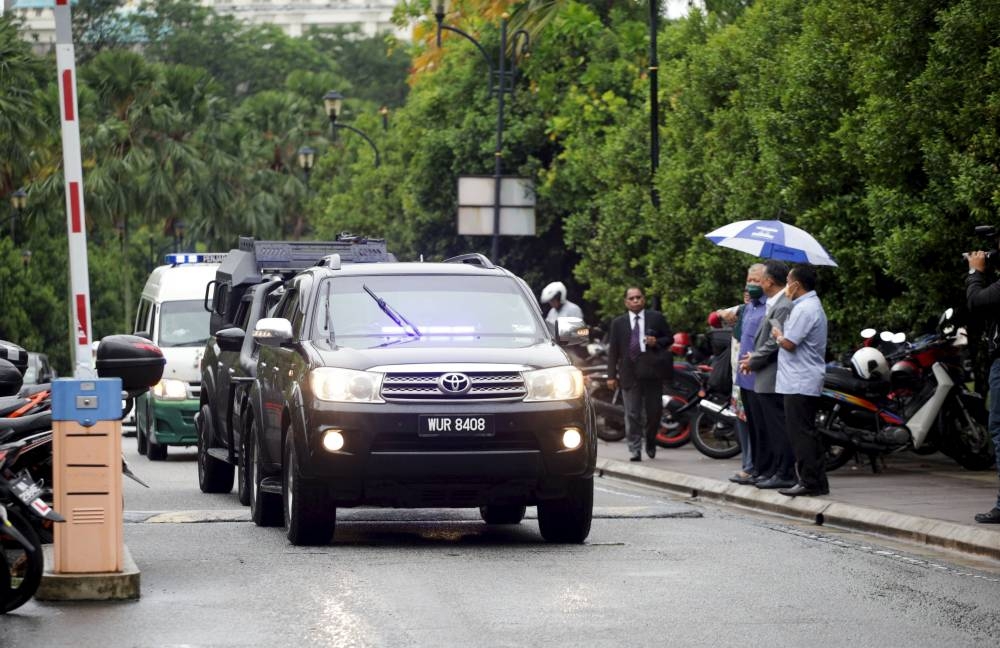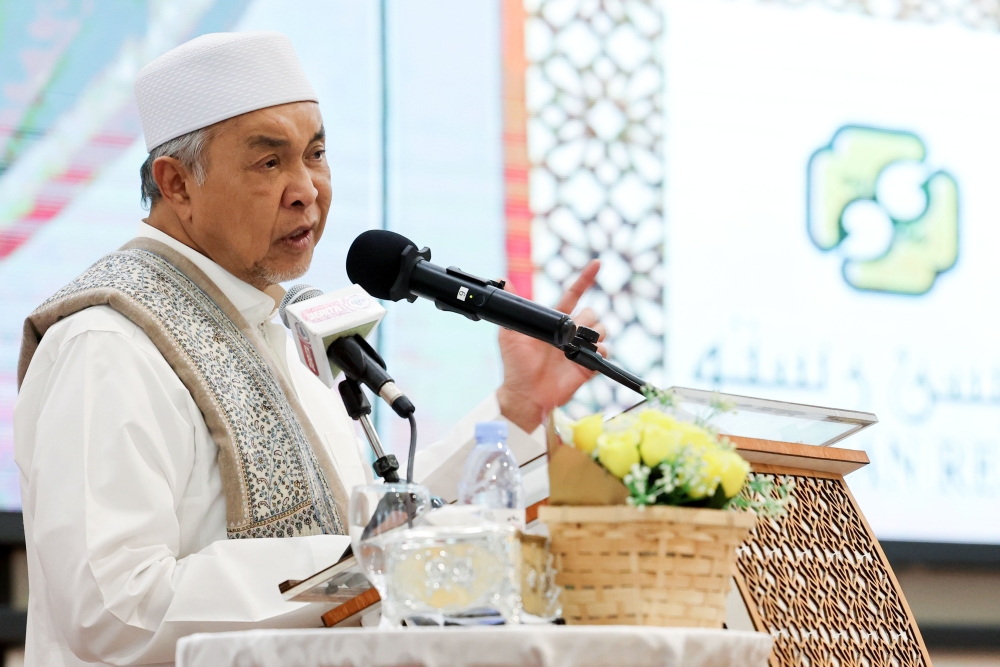NEW DELHI, Oct 26 — Malaysia aims to cut prison occupancy rate by two-thirds in the next eight years by relying more on community corrections, Malaysian Prisons Department Commissioner-General Datuk Nordin Muhamad has said.
The greater focus on community corrections is part of Malaysia’s objective to reduce prison population and improve rehabilitation of those convicted of non-serious offences.
“In the future, by 2030, two-thirds of convicted prisoners should undergo community corrections. Correctional facilities are meant for those involved in serious crimes,” Nordin told Bernama in an interview in New Delhi.
About 30 per cent crimes committed in Malaysia are of serious and violent nature.
Nordin said the recidivism rate among former inmates who did not have rehabilitation opportunities outside the prison was 15 per cent compared with just 0.38 per cent for those who underwent community corrections.
“Our future focus is more on community corrections so that we can reduce recidivism,” he said.
In order to protect the communities better, the idea should be to transform from retributive to restorative justice, he added.
Malaysian prison facilities at present hold about 76,000 inmates against their capacity of 66,000.
The Malaysian Prisons Department’s rehabilitation and resettlement initiatives include job attachment schemes in which companies offer employment and accommodation to eligible inmates under the supervision of prison officials.
At present about 5,000 prisoners are enrolled in job schemes with various companies.
“We can reach 10,000 inmates by 2023. The government will be able to cut its monthly expenditure by RM500 per inmate,” Nordin said.
Talking about the healthcare facilities for prisoners, he said the basic services are almost similar to those available outside but the Prisons Department has been looking into ways to improve access to specialist medical care.
During his visit to New Delhi last week, the Malaysian Prisons Department commissioner-general toured the Indian capital’s massive Tihar jail and exchanged views with Director General of Delhi Prisons Sandeep Goel on issues such as inmate management and rehabilitation.
Nordin said Malaysia and India were ready to share their best practices in prison management.
“Indian officers may come to the Correctional Academy of Malaysia in Langkawi for training and Malaysian officers can also be attached to Indian prisons to learn and experience their work and procedures in the area of dynamic security,” he said. — Bernama

